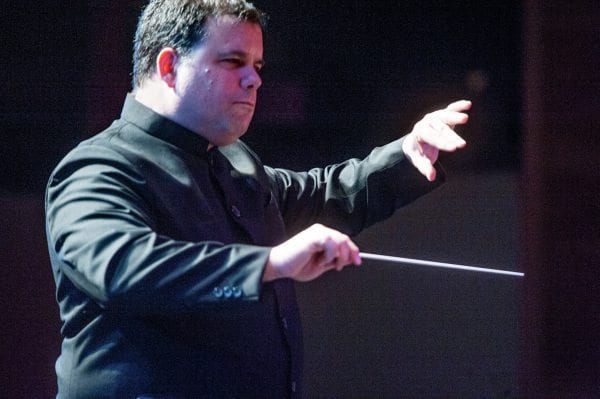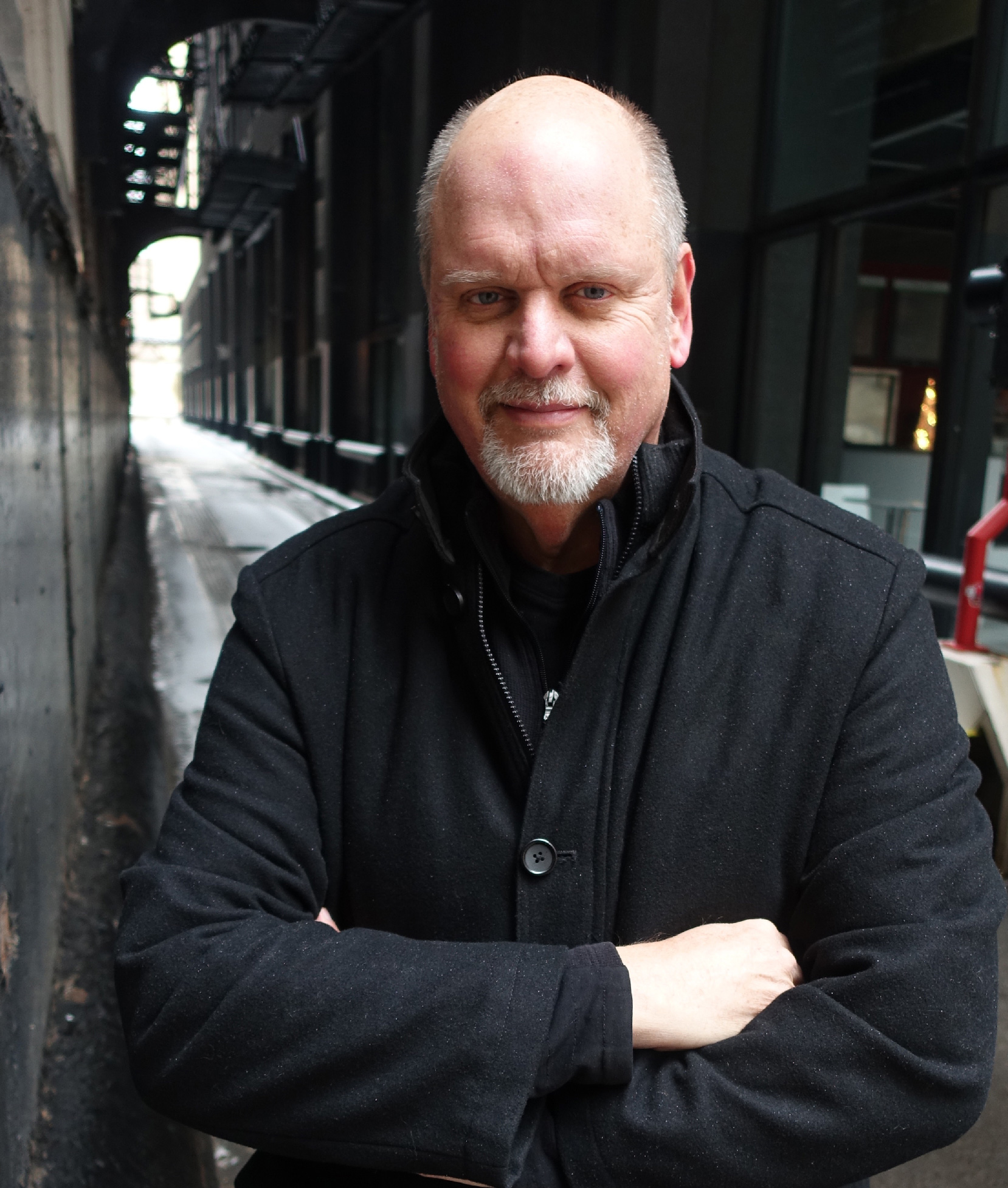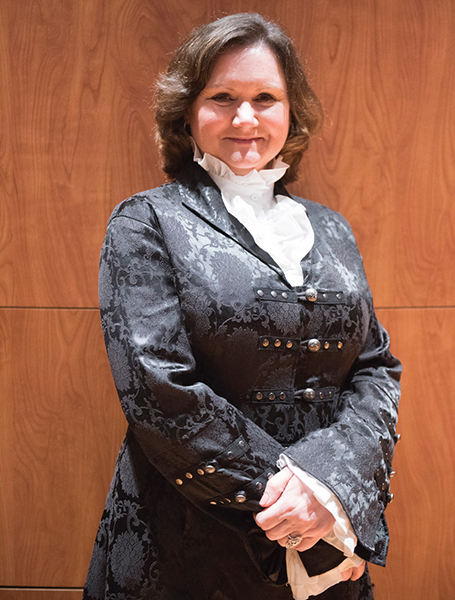
By
Peter Meechan, Robert Ambrose, Brian Balmages, Steven Bryant, Michael Daugherty, Julie Giroux, Jennifer Jolley, John Mackey, Alex Shapiro, Omar Thomas, Frank Ticheli, and Eric Whitacare
February 2021
Print Version
What you need to know
During the Covid-19 pandemic, the impact of social distancing, and the limitations on gathering sizes, led to a dramatic reduction in the number of people allowed to make music together in a school music room. The unpredictability of which students would be in the room (and whether there would be any online component) meant that the standard repertoire lacked the kind of adaptability that is now an essential part of music education during the pandemic. To meet these new (and perhaps not so new) needs, the Creative Repertoire Initiative (CRI) was formed.
Why this research is important
Most of the existing repertoire available to school bands and orchestras was written for a fixed instrumentation and required a full complement of performers. This would often involve over 50 students in the music room.
Music (and the arts in general) is an essential part of a balanced education. It is also an outlet for many students—a place to express themselves—and a critical element in maintaining their mental health.
It is essential that composers support those students and educators with new music that allows them to continue to have high-quality, meaningful, shared musical experiences throughout the duration of the pandemic and, as programs rebuild, in a post-Covid world.
How this research was conducted
By definition, composition is research. Exploring new sounds, ideas, and concepts in order to produce a new work of art is part of the day-to-day life of a composer. Discovery is at the heart of each creation.
Before appropriate new music could be created the specific issues had to be identified. A group of high-profile composers, conductors, and music educators (known as the Creative Repertoire Initiative) came together to identify various solutions to this repertoire crisis within instrumental music education.
Music educators across North America were surveyed in order to discover their immediate and long-term needs in regard to the repertoire.
What the researchers found
Three key areas were identified.
- We found that the new music had to be:
- fully adaptable to any situation that could arise in terms of numbers of performers
- fully adaptable to whatever instruments the students play
- easy to discover, preferably in a central location
- The music had to be suitable to teach online when required (taking into account various technical issues, such as latency, etc.).
- The music should be written by composers from a diverse range of backgrounds so that the music performed could represent the student body.
In order to encourage composers of all levels to take part in the CRI we developed various resources to help others compose adaptable music. These include templates, instructional videos, software guides, etc.
We also created a central platform on Facebook (although a Facebook account isn’t required to peruse the group) that would bring together composers and music educators from around the world to share this new, adaptable music.
https://www.facebook.com/groups/creativerepertoire/
How this research can be used
This new body of repertoire is already heavily utilized across the globe. It has been significant in allowing students of instrumental music programs to gather in groups of three, four, or more to begin making music together again.
The longer-term impact of the music is multi-faceted but includes these two crucial areas:
- Rural instrumental music programs, where often a class will have small numbers of players, will have a repertoire that will allow for even more meaningful musical experiences in practice and performance.
- In a field where repertoire is selected based on the standard of the whole, rather than the individual, these new pieces will allow for differentiated learning in music programs.
About the Researchers
Keywords
- adaptable music
- Creative Repertoire Initiative
- flex music
- music
- music education
Editor: Christiane Ramsey
Read more BU Research
Research at Brandon University follows comprehensive policies designed to safeguard ethics, to ensure academic integrity, to protect human and animal welfare and to prevent conflicts of interest.











